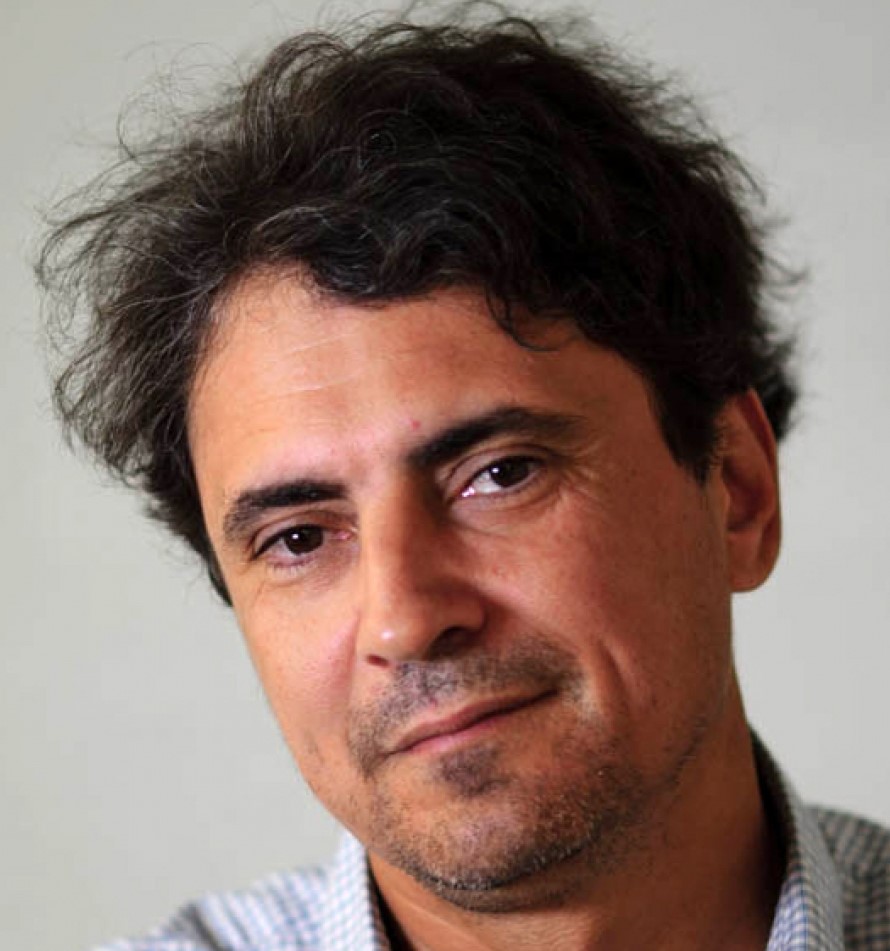
- This event has passed.
GRASP on Robotics: Ryad Benosman, University of Pittsburgh, “Event-based Neuromorphic Perception and Computation: The Future of Sensing and AI”
November 5, 2021 @ 10:30 am - 11:45 am
*This was a HYBRID Event with in-person attendance in Wu & Chen Auditorium and Virtual attendance via Zoom Webinar.
ABSTRACT
There has been significant research over the past two decades in developing new systems for spiking neural computation. The impact of neuromorphic concepts on recent developments in optical sensing, display and artificial vision is presented. State-of-the-art image sensors suffer from severe limitations imposed by their very principle of operation. These sensors acquire the visual information as a series of ’snapshots’ recorded at discrete point in time, hence time-quantized at a predetermined frame rate, resulting in limited temporal resolution, low dynamic range and a high degree of redundancy in the acquired data. Nature suggests a different approach: Biological vision systems are driven and controlled by events happening within the scene in view, and not — like image sensors — by artificially created timing and control signals that have no relation whatsoever to the source of the visual information. Translating the frameless paradigm of biological vision to artificial imaging systems implies that control over the acquisition of visual information is no longer being imposed externally to an array of pixels but the decision making is transferred to the single pixel that handles its own information individually. It is demonstrated that bio-inspired vision systems have the potential to outperform conventional, frame-based vision acquisition and processing systems in many application fields and to establish new benchmarks in terms of redundancy suppression/data compression, dynamic range, temporal resolution and power efficiency to realize advanced functionality like 3D vision, object tracking, motor control, visual feedback loops and even allow us to rethink our current paradigm of computation. The ultimate goal is to develop brain-inspired general purpose computation architectures that can breach the current bottleneck introduced by the von Neumann architecture.

